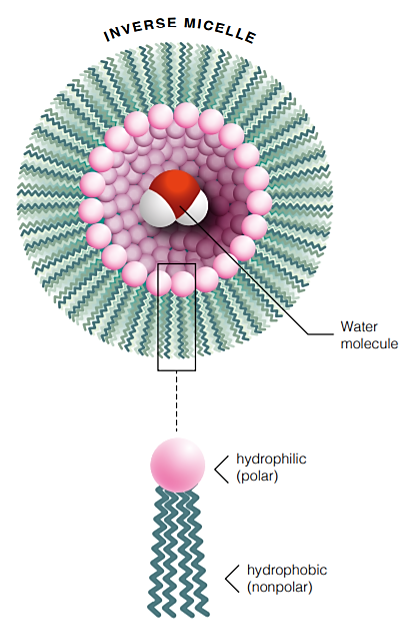Palox has developed and patented the AquariusTM additive which reduces water contamination on aircraft that use jet fuel. This innovative solution offers airlines and jet aircraft operators a product to achieve operational efficiencies and cost savings.
Water contamination (whether dissolved or free) in jet fuel can cause corrosion in fuel tanks, blocked filters, microbial growth and corrupted fuel probes. Airlines run extremely well managed house keeping procedures to deal with the problem, but at a financial cost and operational down-times.
AquariusTM offers cost saving benefits including reduced water drain volumes, reduced downtime and reduced ice accretion.
Palox guided its proprietary additive through a long and complex approval process working closely with industry stakeholders including regulatory authorities, the aero engine manufacturers, and many airlines whose guidance and advice was essential to achieving approval. The AquariusTM additive was finally included in the Jet Fuel specifications ASTM D1655 and ASTM D7566 in July 2020 under a new section entitled: Into Plane Water Management.
In 2011 Palox granted BASF SE an exclusive license to manufacture and sell AquariusTM for specified market segments in Aviation.


